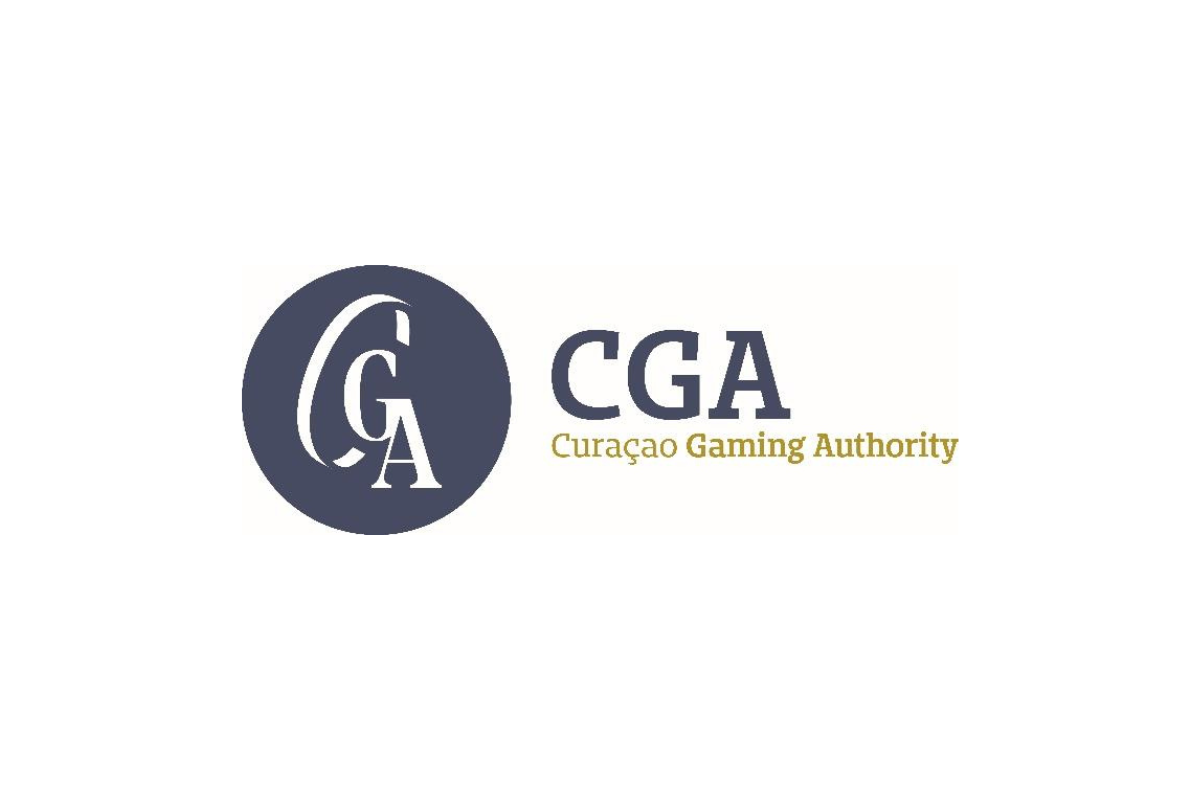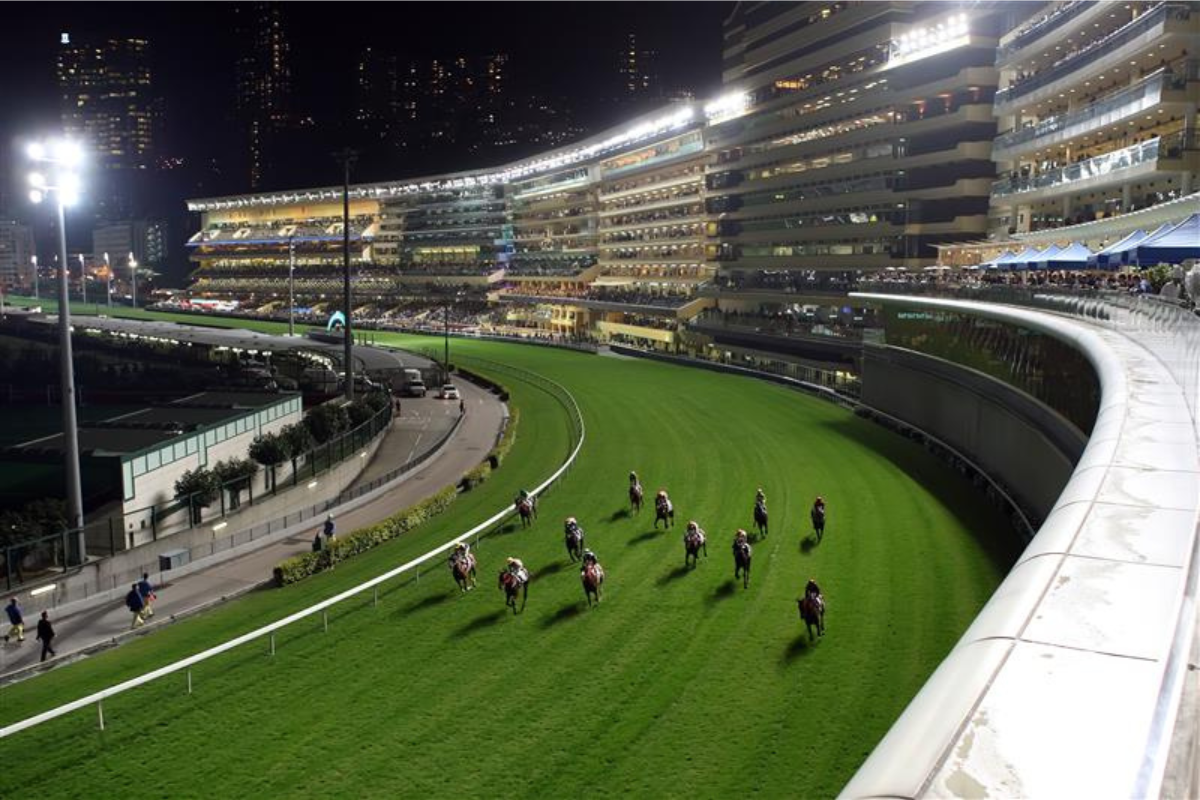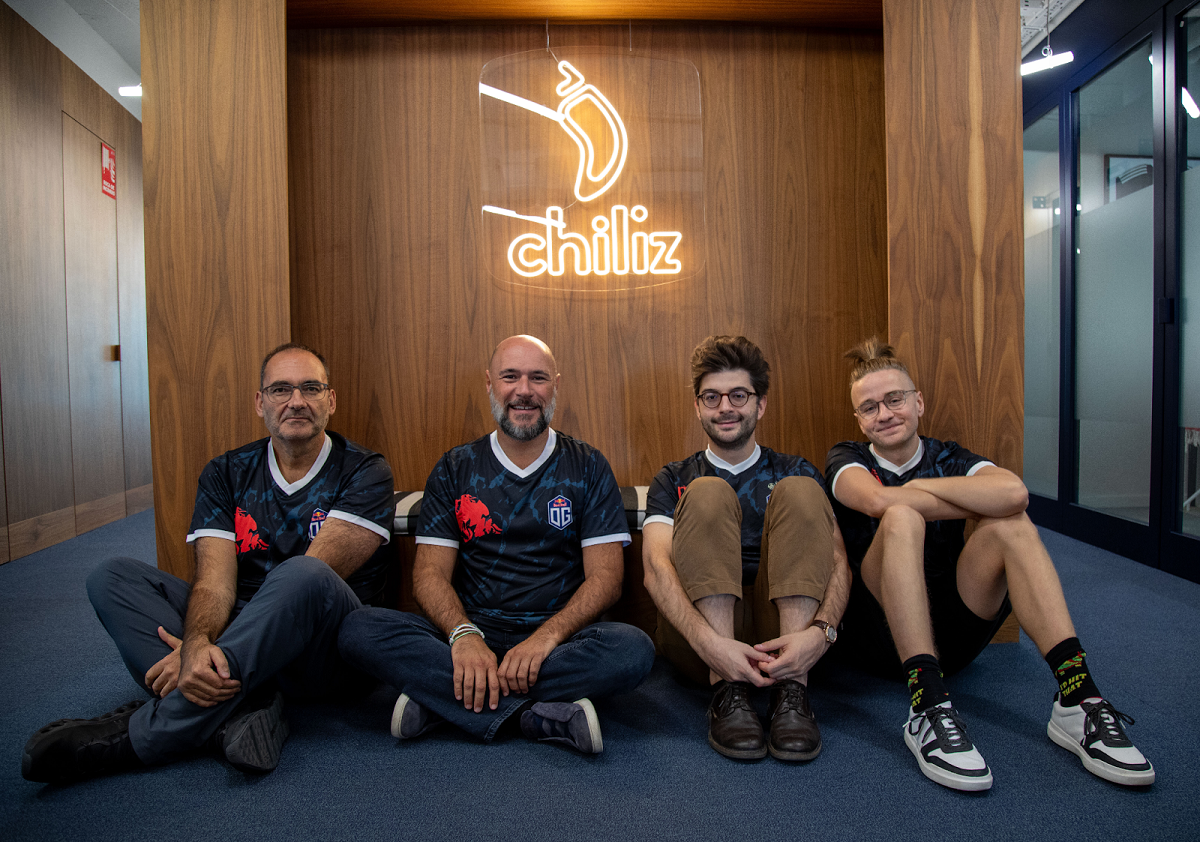Gambling in the USA
Pennsylvania House passes massive gambling bill

The biggest gambling expansion in Pennsylvania since it first authorized casinos more than a decade ago cleared the last hurdle Thursday to get to Gov. Tom Wolf’s desk, where it awaited an uncertain fate.
The bill, a couple years in the making, emerged Wednesday evening, and won quick passage in the Legislature, despite opponents’ protests that they barely had a chance to read it, warnings that it carried unforeseen consequences and complaints that it was packed with sweetheart deals.
The Republican-controlled House of Representatives voted Thursday, 109-72, with support from Republican and Democratic leaders.
Wolf, a Democrat, will work in the next few days to evaluate and make a decision on the gambling legislation, his office said Thursday.
The plan would expand casino-style gambling to truck stops, online portals, airports and 10 new mini-casino sites.
It would make Pennsylvania the first state to allow both casino and lottery games online, in a quest for money from new and younger players. It also would pave the way for the struggling Pennsylvania Lottery – which funds programs for the elderly – to begin offering keno.
The bill was part of a broader package to break a four-month budget stalemate over how to stitch together Pennsylvania’s deficit-riddled finances.
Lawmakers hope to squeeze another $200 million a year or more from casino license fees and taxes on gambling losses. New gambling cash would also flow to decade-old property tax rebates and local government treasuries, institutions and development projects.
Pennsylvania is already the nation’s No. 2 commercial casino state, netting $1.4 billion in taxes from the industry in the most recent fiscal year.
New Jersey, which has the nation-leading internet gambling market, would welcome the expansion of player pools and prizes, if it reaches a reciprocal agreement with Pennsylvania gambling regulators.
The expansion of casino sites throughout Pennsylvania, however, could further damage Atlantic City’s casinos, whose loss of five of its 12 casinos began when Pennsylvania casinos started opening in 2006.
Opponents warn that the measure will cause an “explosion” of gambling.
“We will become a gambling state without parallel,” said Rep. Steve McCarter, D-Montgomery.
It also drew complaints from lawmakers that they had had little opportunity to understand the implications of the complicated, 470-page bill and that it is packed with pet provisions for certain casinos or lawmakers.
Rep. Margo Davidson, D-Delaware, called it “corporate welfare for casinos and special carve outs for special people.”
For instance, one provision that would repeal a long-standing limit on casino ownership in Pennsylvania could moot a lawsuit that has held up construction of the Live! Hotel & Casino in Philadelphia for nearly three years.
Another provision would protect much of northeastern Pennsylvania around Mount Airy Casino Resort – founded by billionaire Louis DeNaples – from the construction of a mini-casino that could potentially compete for gamblers. Delaware County would get greater control over a portion of the taxes from Harrah’s Philadelphia Casino that goes toward area development projects.
Yet another provision would effectively direct an extra pot of cash to counties with lower performing casinos this year.
The provision allowing truck stops to operate up to five slot-machine-style machines, called video gaming terminals, caught the attention of House Gaming Oversight Committee Chairman Scott Petri, R-Bucks. He said the bill carried a raft of unintended consequences, including a definition of truck stops that is “so broad, anything you think of as a convenience store is a truck stop.”
“You literally could drive a truck through the definition and its ability to be misused,” he said.
Pennsylvania-headquartered Penn National said it will consider suing over the gambling package, if it becomes law, because of the “uniquely punitive impact” on the Hollywood Casino it owns in suburban Harrisburg.
That prompted Rep. Mark Rozzi, D-Berks, to question why Mount Airy Casino would get special protection from the competition of a new mini-casino, but Hollywood Casino would not.
The bill would allow each of Pennsylvania’s casinos to bid on a mini-casino license allowing up to 750 slot machines and 30 table games. Bidding would start at $7.5 million, with a table games certificate costing an extra $2.5 million.
It would also restore a requirement that casinos pay roughly $140 million annually to their host communities, a mandate struck down by the state Supreme Court last year because it treated casinos differently.
___
Associated Press reporter Wayne Parry in Atlantic City, New Jersey, contributed to this report.
-

 Asia6 days ago
Asia6 days agoDigital gaming disruption tackled in 1st AsPac Regulators’ Forum
-

 Africa7 days ago
Africa7 days agoKiron announces the launch of its new virtual football title, Turbo League, with SportPesa in Kenya and Tanzania
-

 Aquisitions/Mergers7 days ago
Aquisitions/Mergers7 days agoNOVOMATIC successfully completes sale of ADMIRAL Austria to Tipico and focuses on international growth markets
-

 Compliance Updates7 days ago
Compliance Updates7 days agoSOFTSWISS Releases Gambling Regulation Directory for iGaming Operators
-

 Compliance Updates7 days ago
Compliance Updates7 days agoAlternative Dispute Resolution (ADR) Role and Certification
-

 Asia7 days ago
Asia7 days agoiRace Media extends partnership with The Hong Kong Jockey Club in Asia
-

 Central Europe7 days ago
Central Europe7 days agoSYNOT Games Delivers Bespoke Games Exclusively for SazkaHry.sk in the Slovak Market
-

 Latest News7 days ago
Latest News7 days agoDeepDive launches AI platform to strengthen Enhanced Due Diligence for gaming operators’ anti-money laundering effortsÂ


















